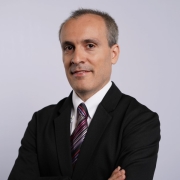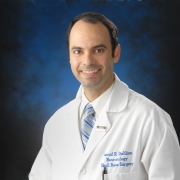For information on otolaryngology clinical care, please visit our healthcare website. There, you will find comprehensive information on patient care services, including details on our dedicated healthcare providers, cutting-edge practices and compassionate approach to patient care.






